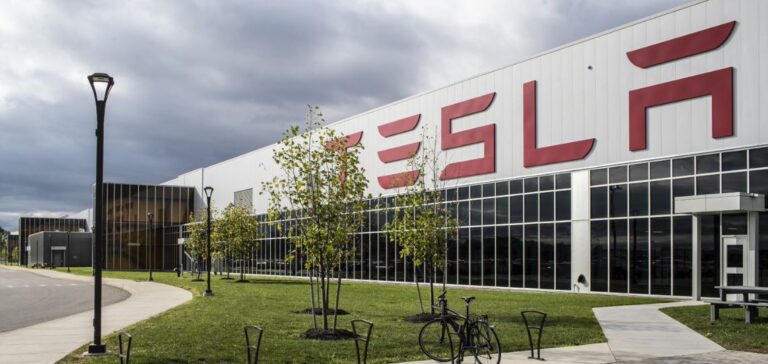An official document from the U.S. State Department initially stated that the administration planned to spend $400 million on the purchase of armored electric vehicles from Tesla as part of a modernization effort for its embassies’ fleet. However, this document was modified after several hours, removing any explicit mention of the automaker.
An Administrative Reversal and a Suspended Call for Bids
The State Department clarified that the inclusion of Tesla’s name was a mistake, explaining that Elon Musk’s company was the only one to respond to a request for expressions of interest. This process typically precedes a formal call for bids but does not guarantee contract allocation. The request has been suspended, and no decision has been made regarding its potential relaunch.
A department spokesperson confirmed that no automaker, including Tesla, had been awarded a contract to supply these armored electric vehicles. Despite this clarification, speculation continues regarding the government’s intentions for electrifying its diplomatic fleet.
Impact on Tesla and Market Reaction
The initial announcement of the contract sparked renewed interest in Tesla, leading to a more than 4% increase in its stock price on Thursday morning, outperforming the broader market. This trend highlights how government decisions can influence stock valuations, particularly in the automotive sector.
Elon Musk, whose wealth is primarily tied to Tesla, responded by denying any confirmation of such a contract. He stated on his platform X that he had received no information about a deal of this scale. His remarks helped dispel rumors but did not deter investor enthusiasm.
Political Context and Strategic Uncertainties
The initiative to integrate electric vehicles into federal agencies was launched under President Joe Biden’s administration before Donald Trump took office. Trump has repeatedly expressed his intent to roll back initiatives promoting electric transportation, questioning several policies of his predecessor.
Additionally, Elon Musk’s close ties with Donald Trump raise questions about the administration’s energy and industrial policies. Musk’s appointment as head of a government efficiency commission (Doge) signals an effort to streamline public spending, sparking debate over investment priorities.
The suspension of the State Department’s request for expressions of interest leaves uncertainty about the project’s future, while investors remain attentive to further government decisions on armored electric vehicles for U.S. diplomatic missions.






















